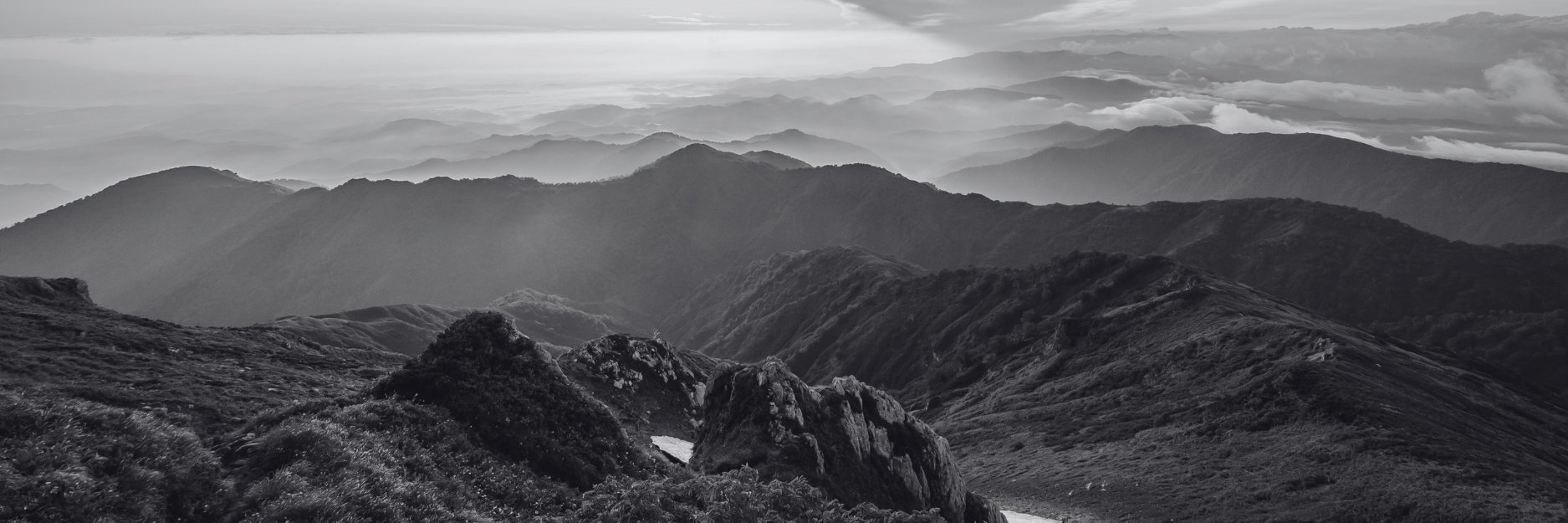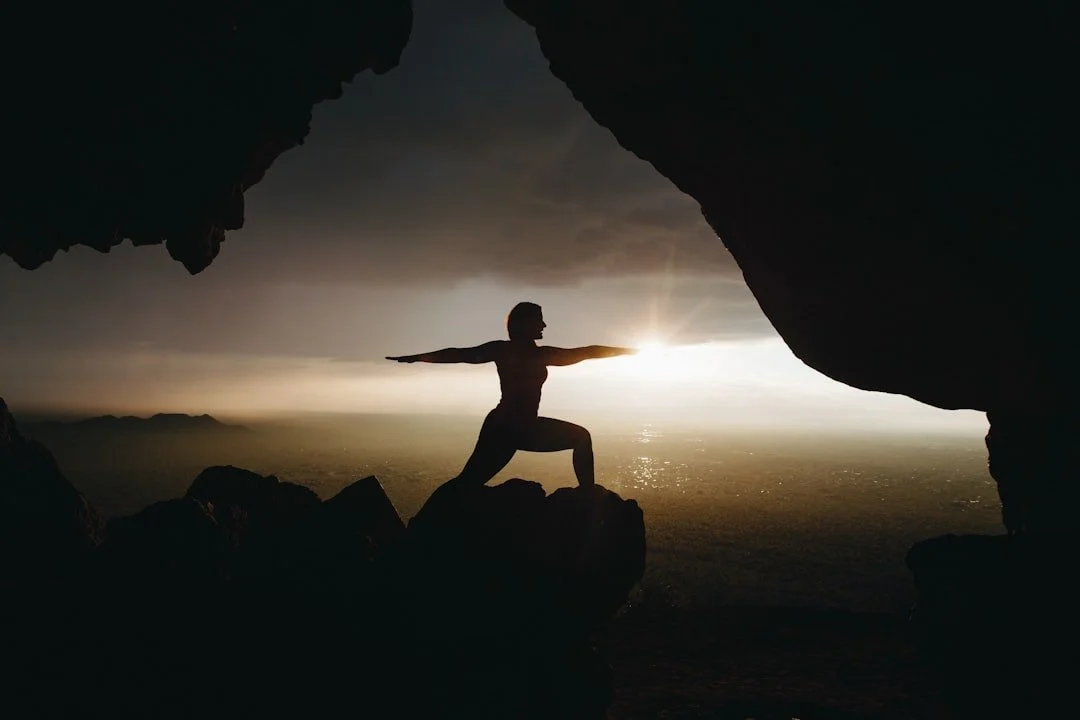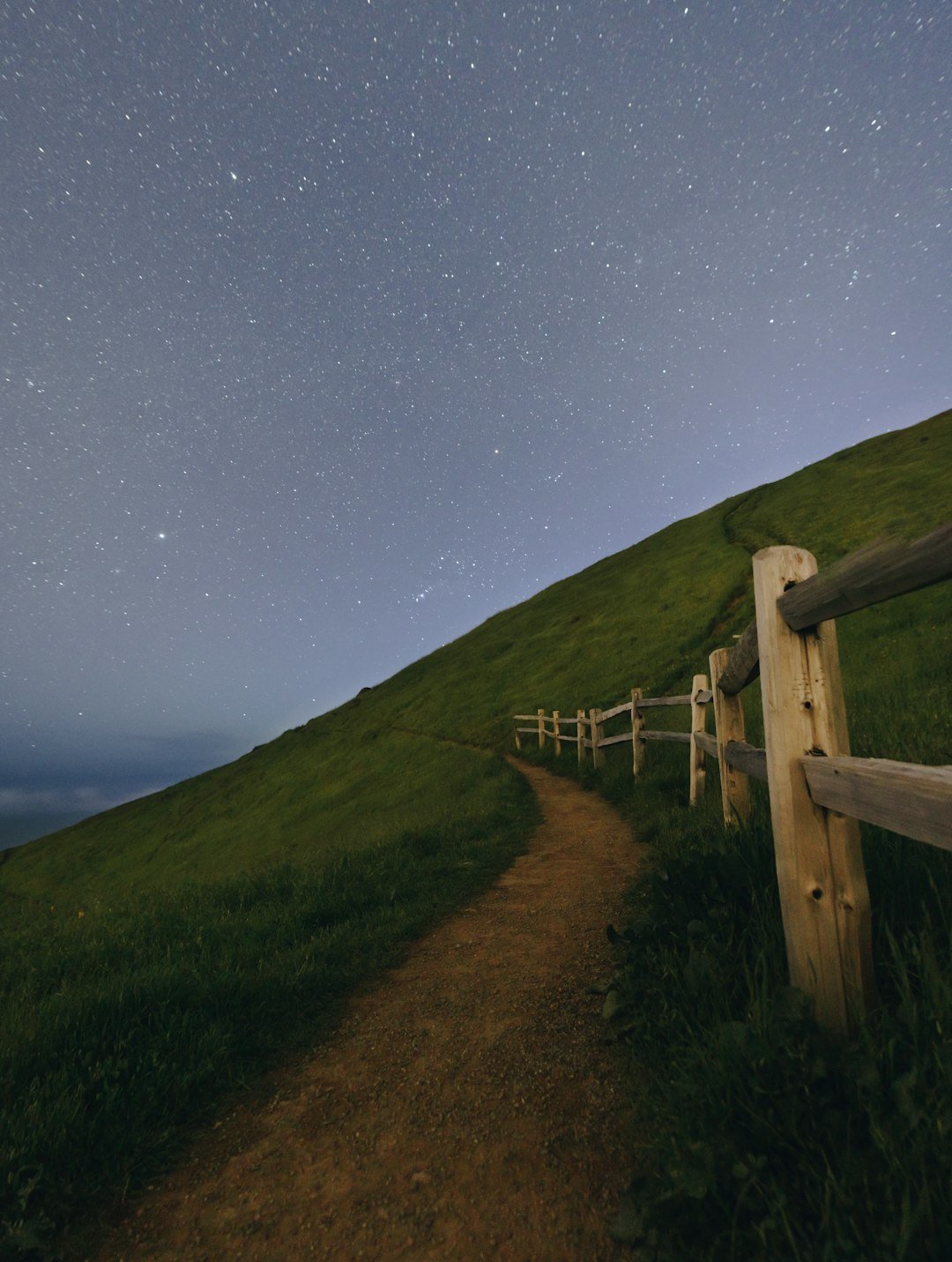You’re meeting somebody for coffee at a neighborhood cafe.
How much do you hustle to get there on time… or even early?
That depends on who you’re meeting, probably.
Right?
Say you’re meeting a close friend. You’re likely fairly relaxed and not too worried about what time you actually arrive.
Say you’re meeting someone who needs something from you. You are doing them a favor by meeting with them and spending the time with them. You are likely to be even more relaxed… because what would it matter if they had to wait a bit? You are going out of your way to be there for them at all, right?
Now, say you have requested the meeting of someone else, and you are the one who needs something. Say you are meeting a wealthy person who you’d like to ask to support the organization you work for. If you were running late in this scenario… how stressed would you be? I’m guessing pretty stressed. Yes?
These different scenarios demonstrate interpersonal power dynamics.
Who holds power. Who doesn’t.
Who has more. Who has less.
Who bends over backward for who…
Who carries the stress of a situation…
Who doesn’t carry as much stress — if any.










